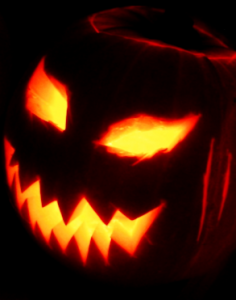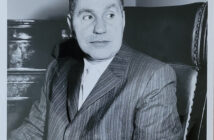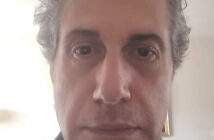In the Western world, where the lion’s share of our most sacred holidays are tied to religious celebrations, it seems odd that Halloween should be celebrated with such fervor. On the surface it has no ties to Christianity, Judaism or Islam – indeed, it seems to exalt demons and other spiritual entities in a way directly contrary to the major monotheistic traditions. Yet several Christian traditions, most notable Roman Catholicism, have made a serious attempt to co-opt the holiday and incorporate it (to some degree) into Christian social tradition. But where did this odd holiday come from?
Halloween, like many of the modern holidays, is simply a new face on a very old idea. While there is a bit of differing as to exactly which tradition is the direct root of Halloween, most historians and scholars have settled on the Celt celebration of Samhain and its Briton analog Nos Calan Gaeaf (spelled in a variety of ways) as the most likely candidates.
Samhain was (and in some resurgent neo-pagan groups, still is) celebrated as the beginning of the ‘dark half’ of the year. It marked the beginning of winter and the end of the harvest. Some accounts include games of divination, prophesizing and soothsaying. These traditions, now more associated with New Year’s Eve celebrations, indicate that in the ancient world this holiday most likely seen also as New Year’s Eve.
Because the holiday sat on this dividing line between summer and winter it was seen as a time when those two worlds met. As such there was a prevalent belief that the world of the dead could interact with the world of the living. This was seen primarily as a troublesome aspect of the holiday and caused no small amount of consternation. People donned costumes to confuse or deflect the attentions of spirits. Turnips and pumpkins were carved into frightening faces and used as lanterns to ward off any malevolent apparitions.




